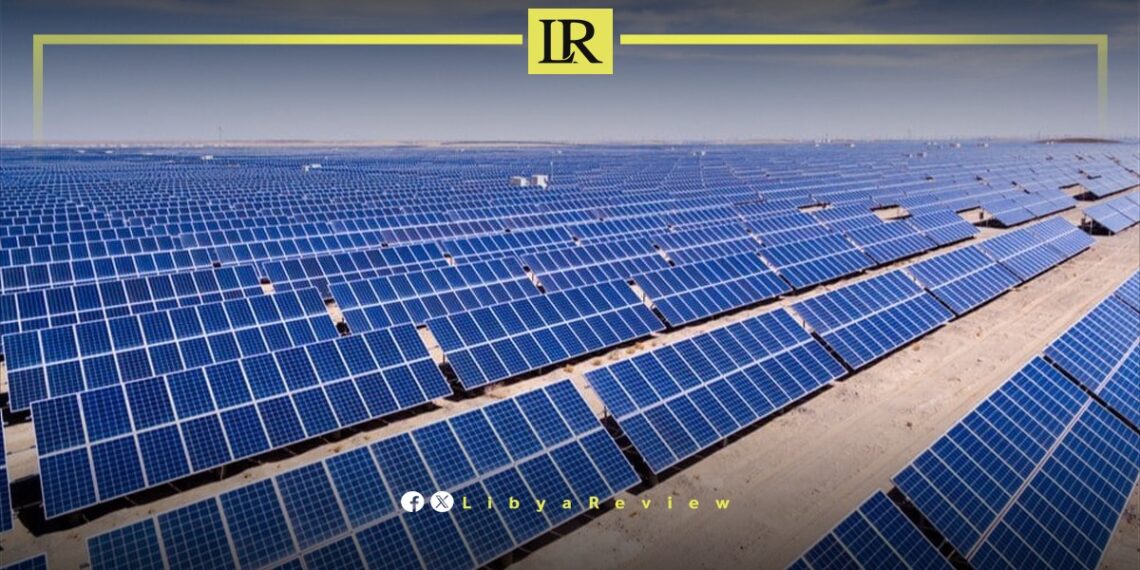Libya has been ranked as the least reliant Arab country on renewable energy, with solar power contributing just 0.03% to its electricity generation mix by the end of 2024, according to a report by Energy Platform.
The report highlighted Libya’s overwhelming dependence on natural gas, which accounted for nearly 76% of total electricity production, leaving renewable sources almost absent from the national energy portfolio.
Solar energy remains the only renewable source in Libya since it first appeared in the electricity mix in 2010 at 0.03%. It slightly rose to 0.04% in 2011, but has since dropped back to 0.03%, showing virtually no progress over the past decade.
Experts emphasize that Libya holds enormous potential for solar power development, with solar radiation levels capable of generating up to 140,000 terawatt-hours annually—a figure far exceeding the country’s domestic needs.
Despite this vast capacity, the absence of large-scale solar projects highlights the challenges facing Libya’s energy sector, including political instability, weak infrastructure, and lack of investment in renewable technologies.


